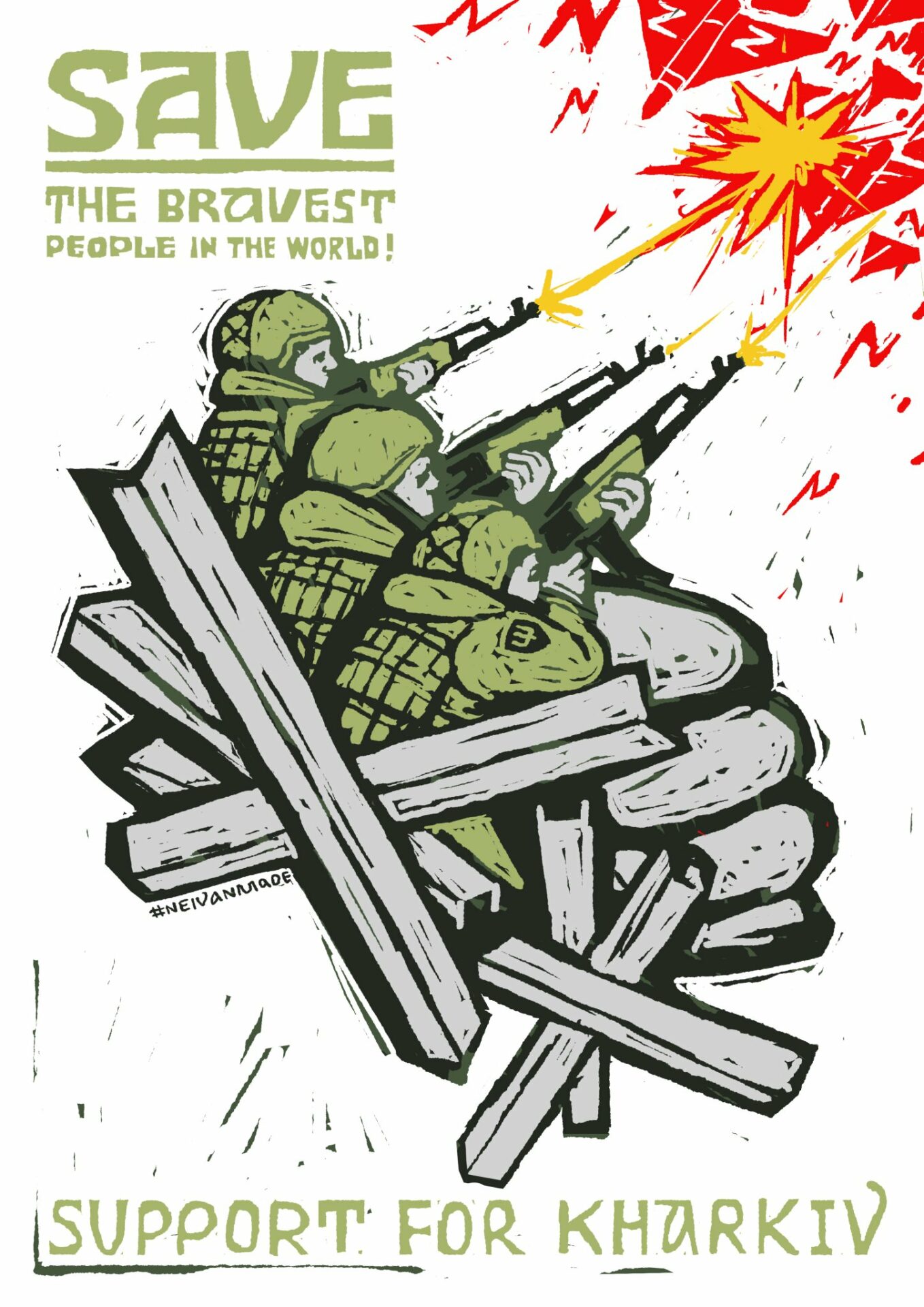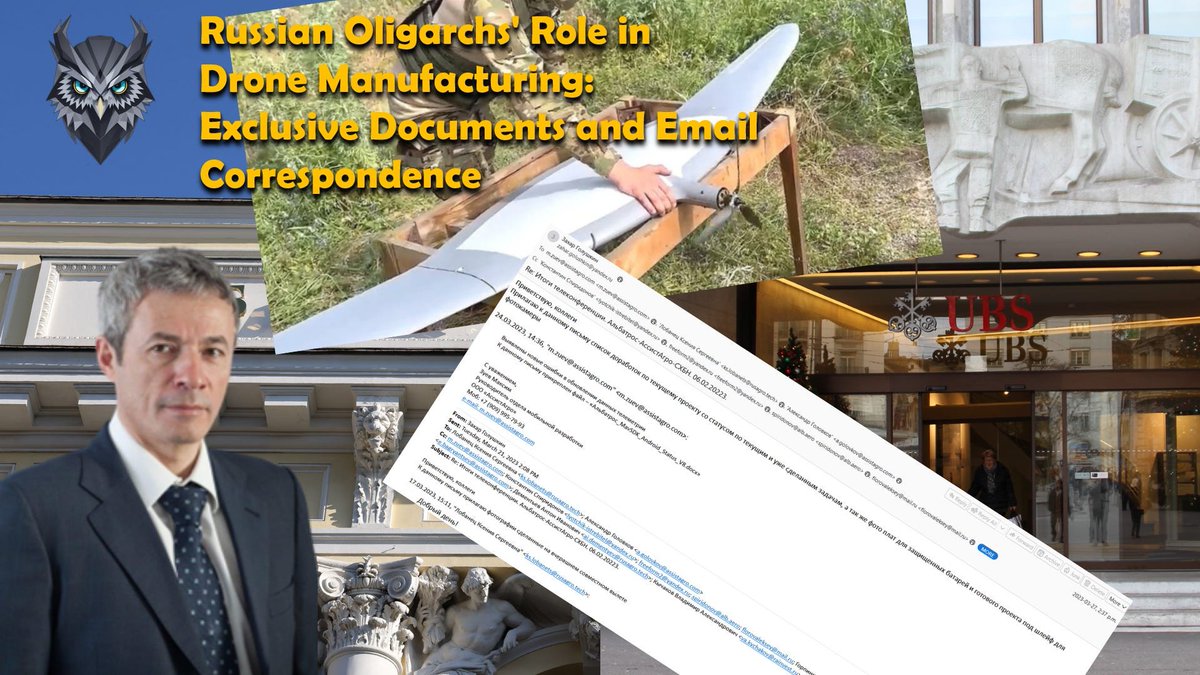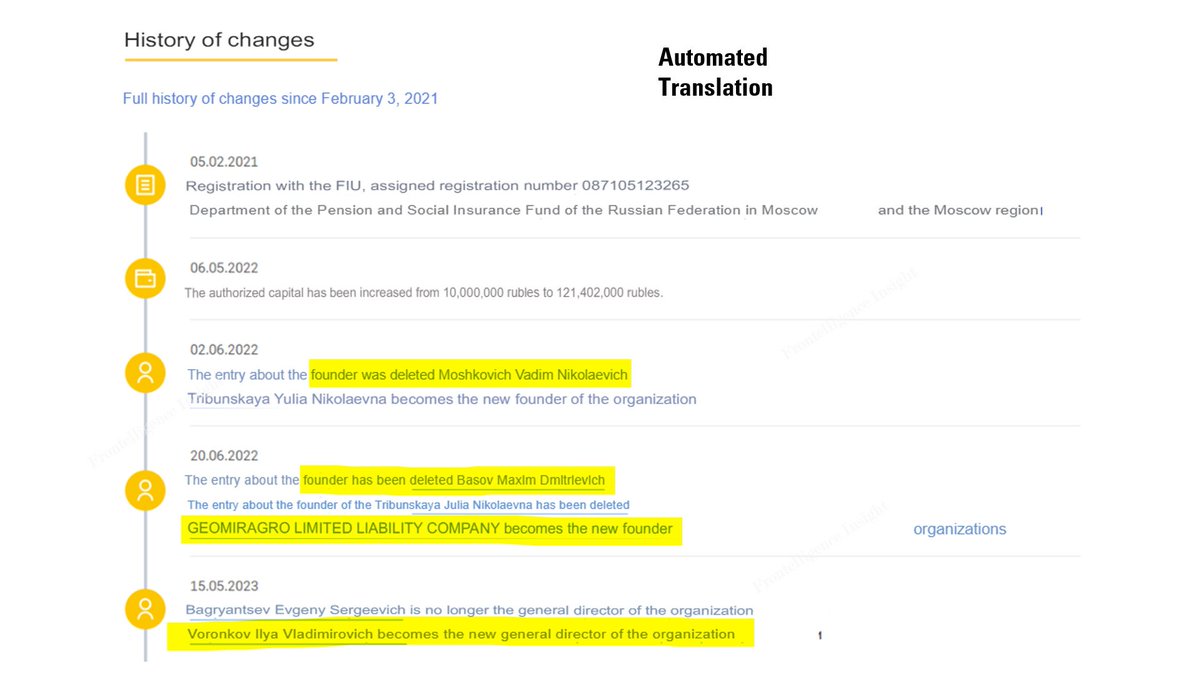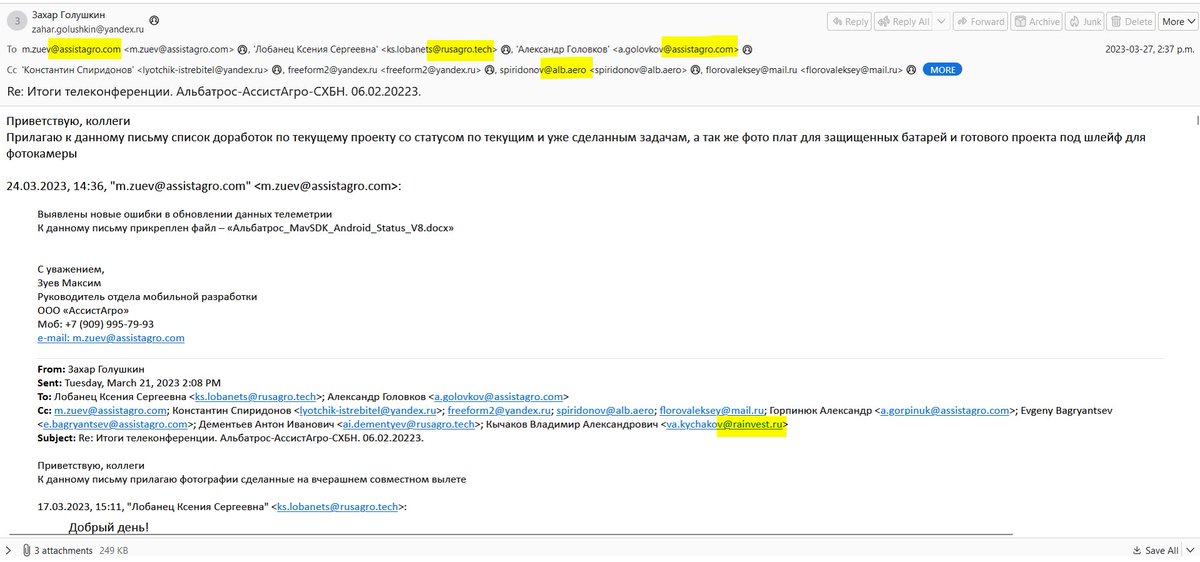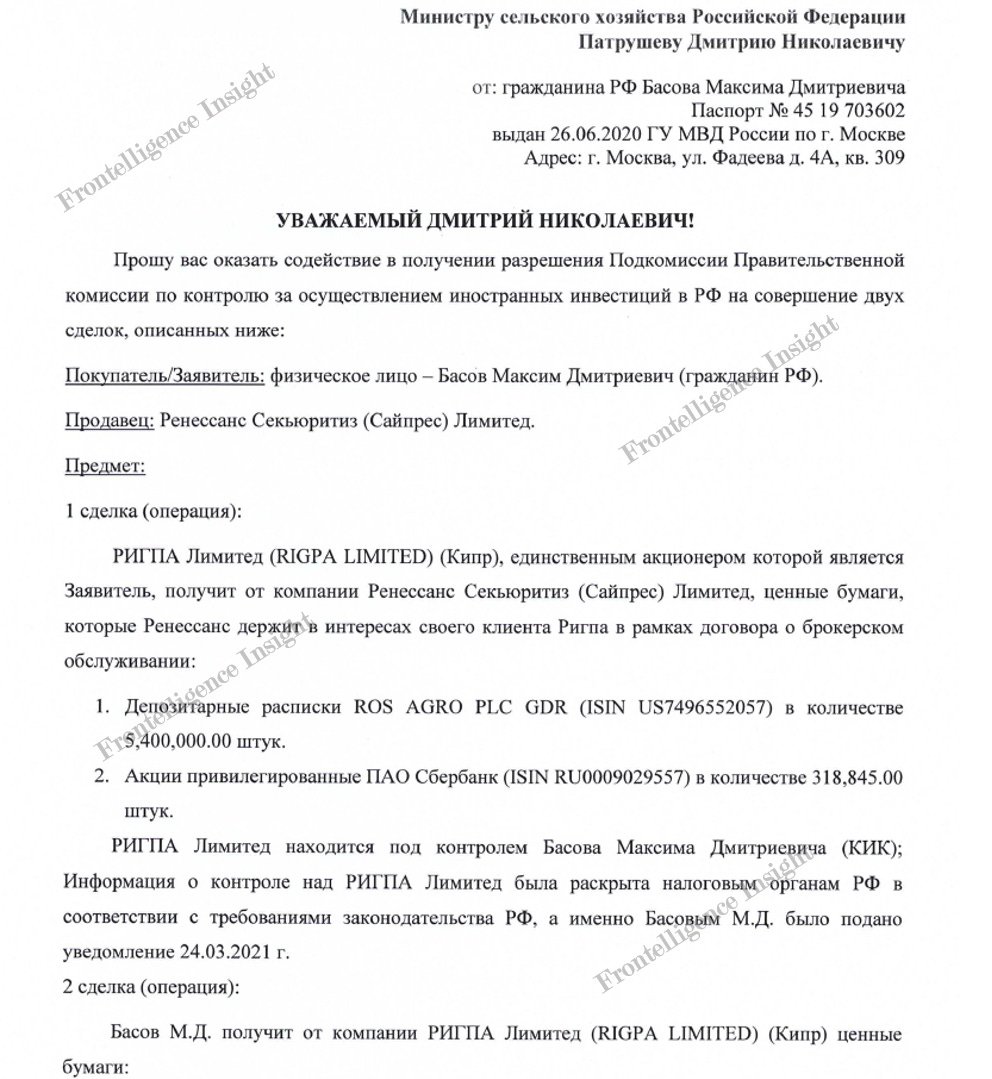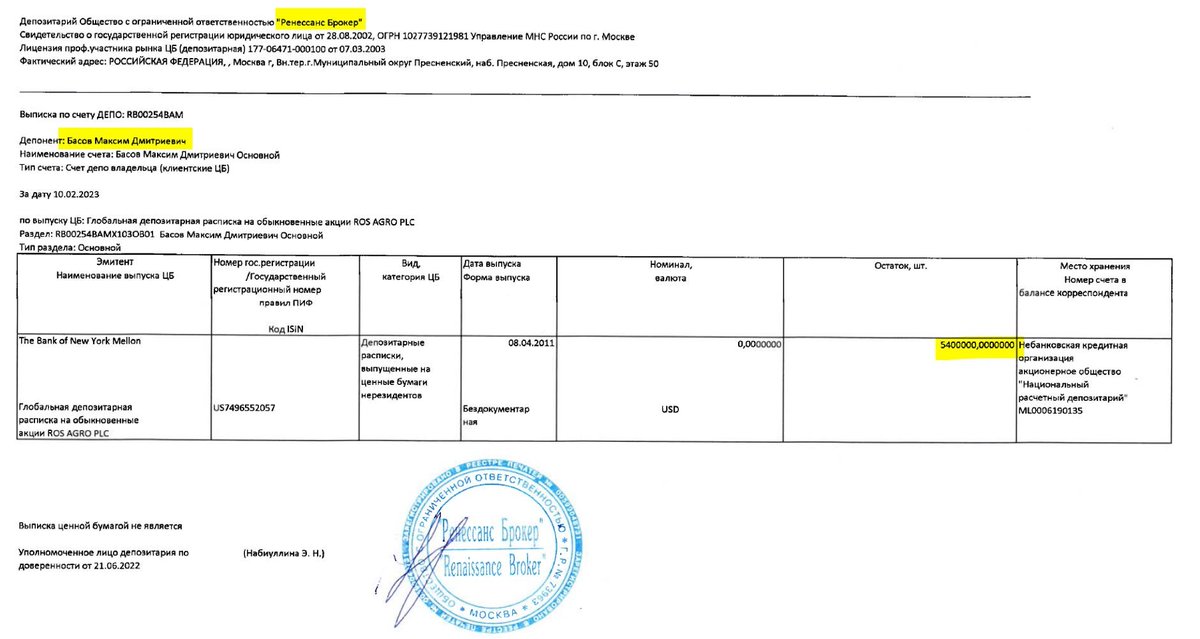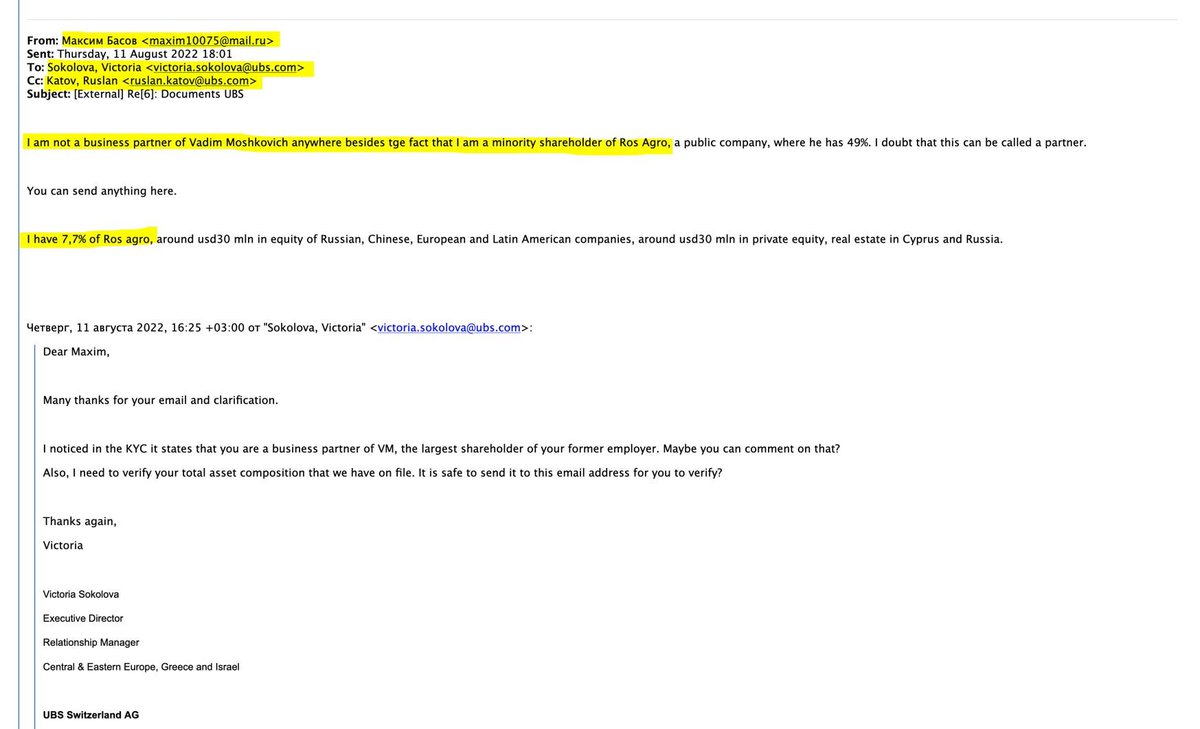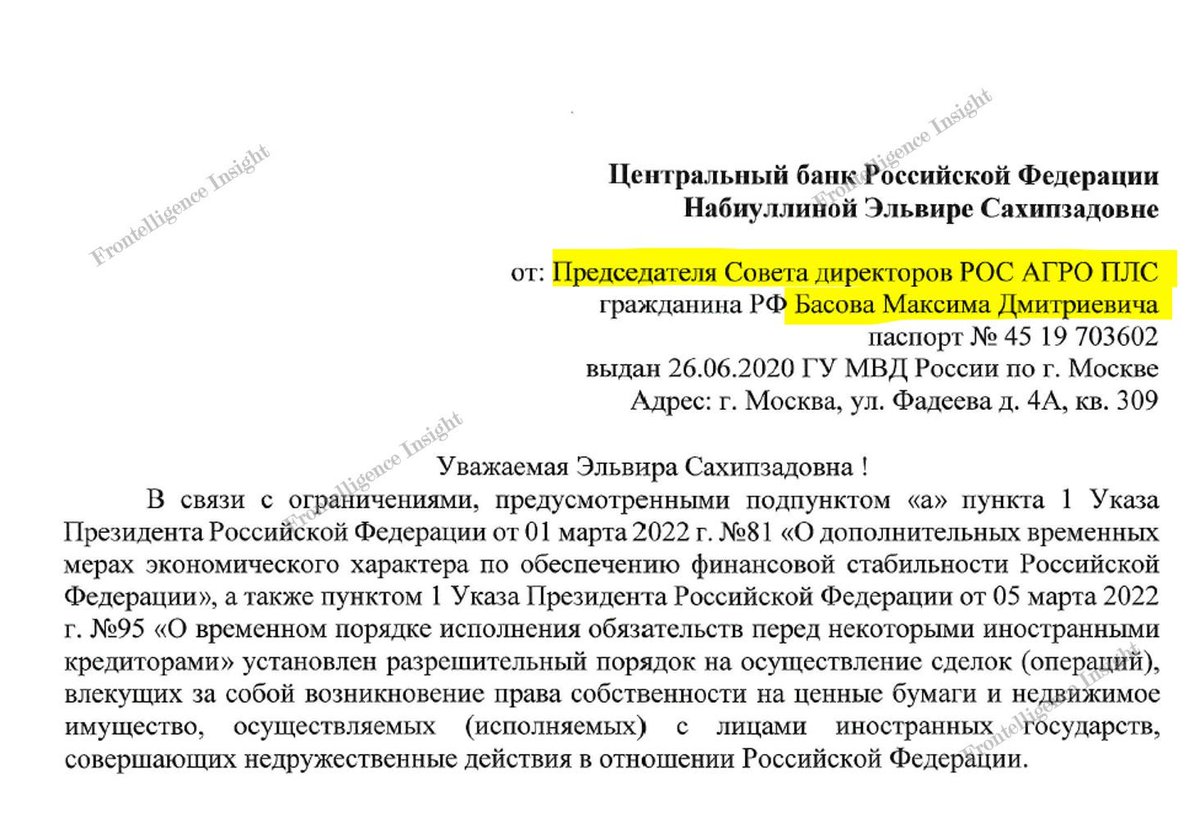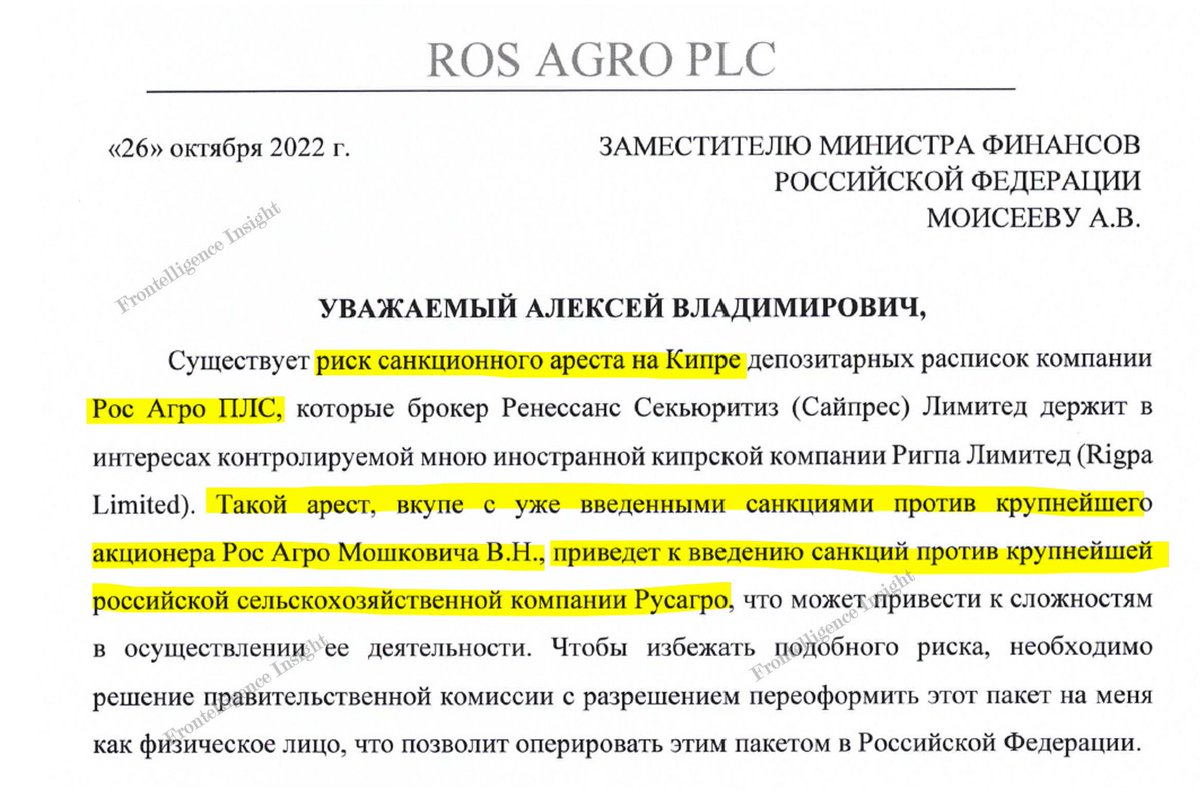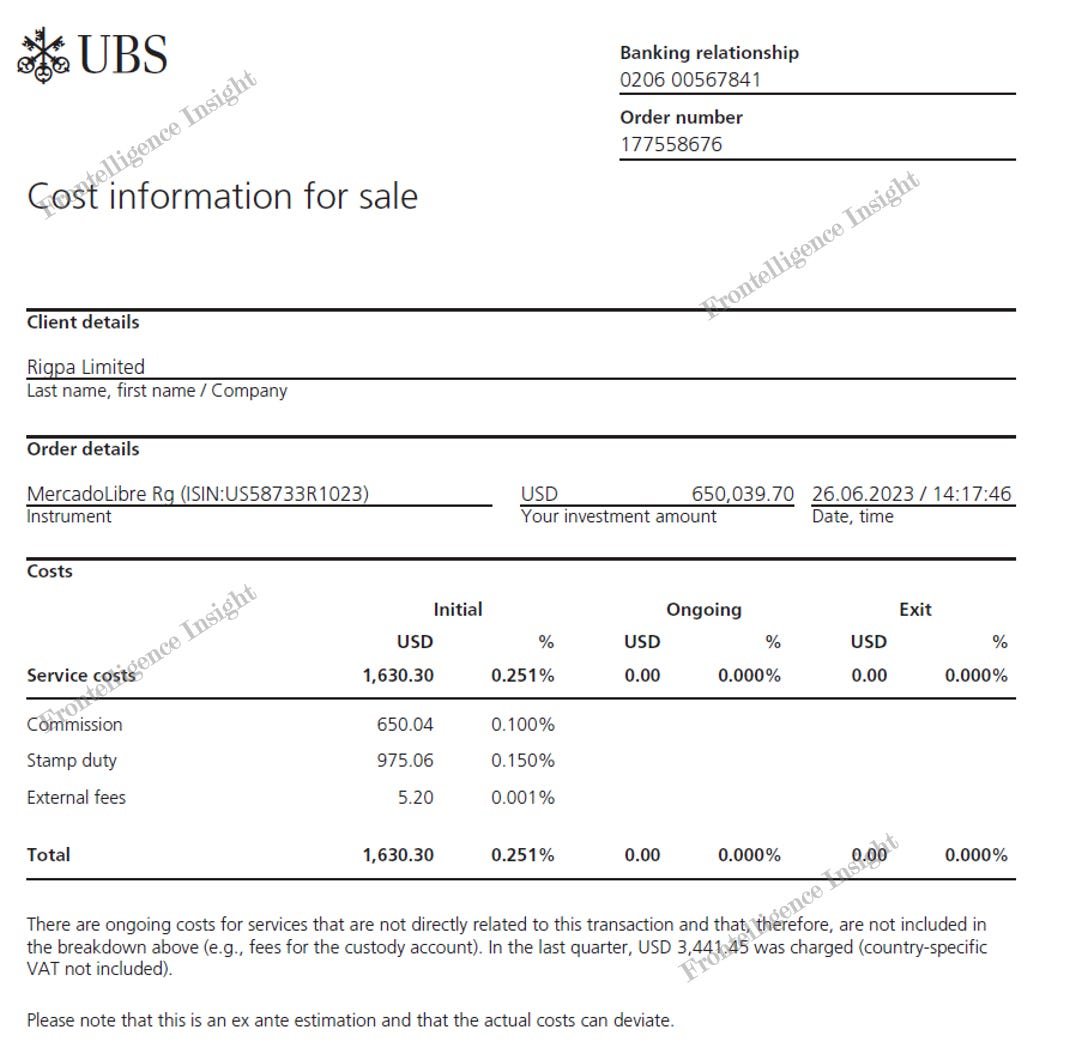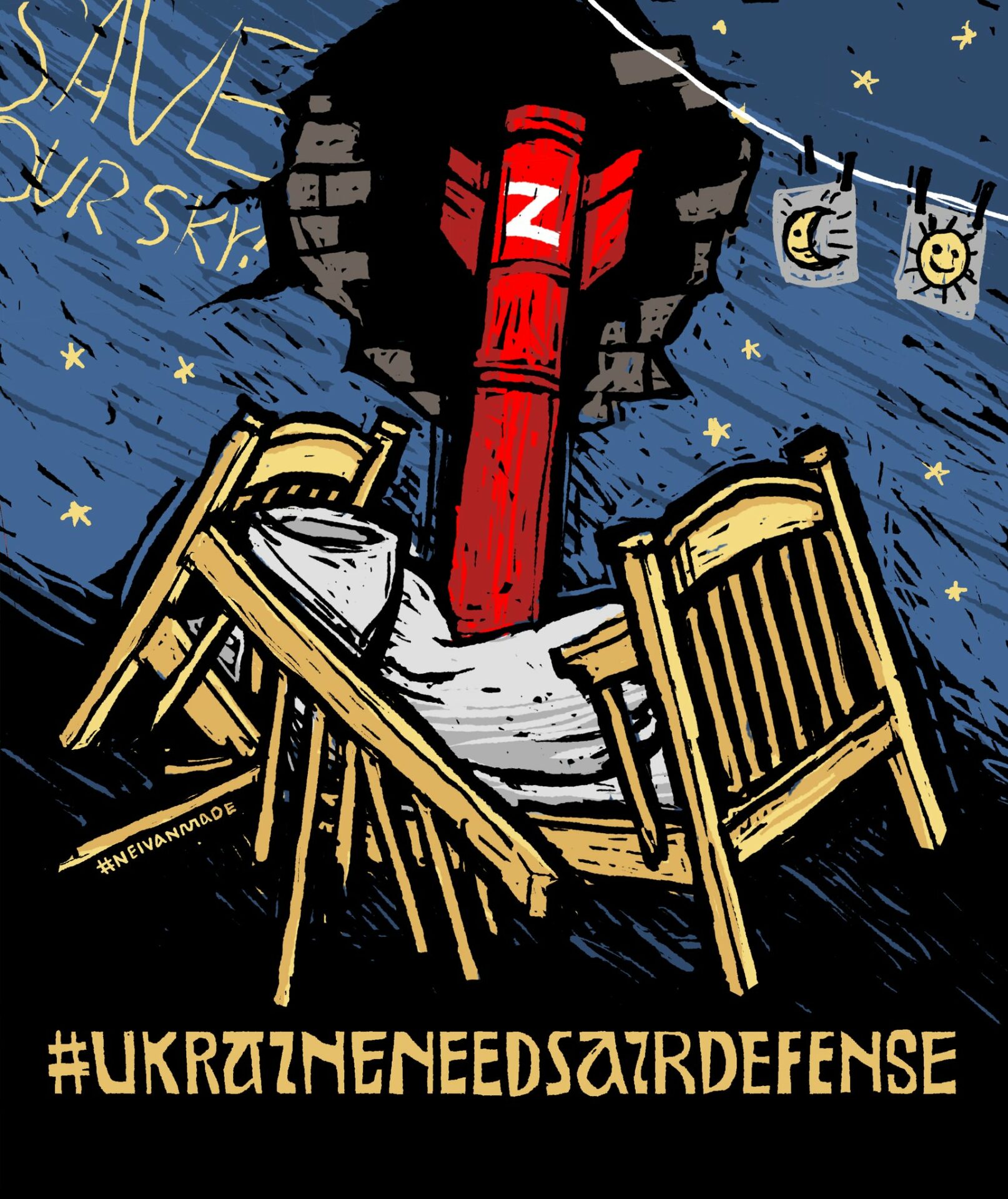
(Image by NEIVANMADE)
Russia continues to bombard Ukrainian civilian targets ahead of the arrival of the newly announced US military aid.
‼️ russia used a powerful glide bomb to attack Sumy today. Earlier they started terrorizing Kharkiv with those KABs. That is a big escalation against civilians
— Olena Halushka (@OlenaHalushka) April 25, 2024
Ukraine's railway company @Ukrzaliznytsia was targeted by the russian invaders today. They murdered three men aged 26, 26 and 37 and injured four in the Donetsk region, wounded three workers in the Kharkiv oblast and damaged railroads in the Cherkasy region. This is terrorism pic.twitter.com/nMBAGcaC0m
— Olena Halushka (@OlenaHalushka) April 25, 2024
Russia massively attacked Ukrainian railways in Kharkiv, Donetsk & Cherkasy regions. Balakliya station attacked with people onboard. Izium line down. Three railroad workers killed. My thoughts are with the iron people of @Ukrzaliznytsia . pic.twitter.com/6oUF8Bn5Hn
— Maria Avdeeva (@maria_avdv) April 25, 2024
4th air raid alert in Kyiv today… Russia won’t break us #StopRussia #StandWithUkraine
— Mariana Betsa (@Mariana_Betsa) April 25, 2024
Here is President Zelenskyy’s address from earlier today. Video below, English transcript after the jump.
I Am Grateful to All the Countries That Have Recently Adopted New Decisions on Aid for Ukraine – Address by the President
25 April 2024 – 20:24
I wish you health, fellow Ukrainians!
The key points for today.
The Staff meeting. Complex issues of protection, not only of the energy sector, but of the entire vital infrastructure. Social facilities, communications, everything that sustains normal life in cities and communities. Air defense, electronic warfare, necessary engineering solutions and construction. I am grateful to all those who are already working promptly at their level – both in the government and in the regions. It is very important that the deadlines for implementing decisions are met. In particular, we are closely monitoring this at the Staff meetings. We are also working on contracts for the production of weapons and equipment in Ukraine. Each manufacturer must have a truly long-term assurance that each contract will be backed by the necessary finance, supply, and logistics. We are also working with our partners to invest in production in Ukraine – in some areas we can already produce much more than our funds can cover. In particular, during our visits, during negotiations, in contacts between government officials and partners, we discuss the possibility of raising funds on a larger scale so that countries that have the funds but do not have their own production facilities can build their arsenal together with us and help our frontline. I thank everyone who has shown their interest and is contributing to this cooperation. And, of course, the situation at the front. We are preparing for tomorrow’s Ramstein meeting and will discuss, among other things, how to overcome the difficulties and problems that have accumulated over the past six months while we have been waiting for decisions on American support. Politically, we have already achieved the support. Now we need to work on filling the packages with the necessary weapons and ensuring logistics. I am grateful to all the countries that have recently adopted new decisions on aid for Ukraine, our warriors, our cities and communities. I am grateful to everyone who helps!
And today I continue to work as actively as possible on the American direction. I have already spoken with Speaker of the House Mike Johnson. I thanked him for his leadership, which has now guaranteed that democracy in the world will not lose ground. I also spoke with Senate Republican Leader Mitch McConnell and Majority Leader Chuck Schumer. I thanked them for their integrity and support in the fight against terror. I will also speak with House Democratic Leader Hakeem Jeffries. The focus of all our conversations is our common strength – shared among all who value human life and strive to preserve our way of life that unites us within the Euro-Atlantic community. We talked about “Patriots,” about the strength of our arsenals, about our political cooperation. We can defeat Russian terror. We have to do it. I thank everyone who fights and works for our strength, for our Ukraine! I thank everyone who helps!
Glory to Ukraine!
The cost:
"Kvilinsky's Garden is no more.
The farm's owner, Jan Kvilinsky, has died at war.
Kvilinsky's Garden doesn't grow and sell flowers anymore." pic.twitter.com/FwUIvY5KdV— Yuriy Gudymenko (@y_gudymenko) April 25, 2024
Defender Alla (Ruta) Pushkarchuk was killed today at the front. Young, beautiful and a very brave girl. RIP, Alla… Russia is a terrorist state #StopRussia #StandWithUkraine pic.twitter.com/6PWqA3GT9I
— Mariana Betsa (@Mariana_Betsa) April 25, 2024
Denmark:
⚡️Denmark announces additional $633 million in military support to Ukraine.
The Danish parliament agreed to add 4.4 billion Danish kroner ($633 million) in military support to the country's Ukraine Fund in 2024, the Danish Foreign Ministry announced on April 25.…
— The Kyiv Independent (@KyivIndependent) April 25, 2024
⚡️Denmark announces additional $633 million in military support to Ukraine.
The Danish parliament agreed to add 4.4 billion Danish kroner ($633 million) in military support to the country’s Ukraine Fund in 2024, the Danish Foreign Ministry announced on April 25.
https://kyivindependent.com/denmark-announces-633-million-military-support-to-ukraine/
Finland and Sweden:
To all the people with no humour out there:
Sweden’s had 200 years of peace & even managed to stay out of the WWs while Finland has been at war and in a constant balancing act with Russia.
Therefore
1) the starting points are pretty far apart
2) the bar is very low in Finland— Minna Ålander 🌻 (@minna_alander) April 25, 2024
France:
"If we say that Ukraine is a condition for our security, that what is at stake in Ukraine is not just the country's territorial integrity but the security of Europeans, do we have any limits? No" – President Macron.
Other key points from @EmmanuelMacron' speech today:
🔷️"The… https://t.co/hJK8xvMODN pic.twitter.com/Q0IHUB0elb
— Anton Gerashchenko (@Gerashchenko_en) April 25, 2024
“If we say that Ukraine is a condition for our security, that what is at stake in Ukraine is not just the country’s territorial integrity but the security of Europeans, do we have any limits? No” – President Macron.
Other key points from @EmmanuelMacron‘ speech today:
🔷”The sine qua non for our security is that Russia does not win the war of aggression it is waging in Ukraine.”
🔷He explained that it is necessary to give substance to the reliable defense of the European continent:
“Does that mean we need a missile shield? Perhaps. Is it by increasing our defense capabilities, and if so, how? Undoubtedly. This is why, in the coming months, I will be inviting all our partners to build this European defense initiative,” Emmanuel Macron stressed.
EU member states:
Insightful, if depressing read on why European countries and NATO members were reluctant to part with Patriots to help Ukraine defend itself from Russian attacks. At tail end there there is a bit about Russian spies detained in Germany, which is alarming. https://t.co/eofuZsuIqN
— Alex Melikishvili (@A_Melikishvili) April 25, 2024
From Yahoo!News:
BRUSSELS (AP) — European Union countries possessing Patriot air defense systems gave no clear signal on Monday whether they might be willing to supply them to Ukraine, which is desperately seeking at least seven of the missile batteries to help fend off Russian air attacks.
Russia’s air force is vastly more powerful than Ukraine’s, but sophisticated missile systems provided by Kyiv’s Western partners can pose a major threat as the Kremlin’s forces slowly push forward along the roughly 1,000-kilometer (620-mile) front line in the war.
Only Germany has come forward with a single Patriot missile battery in answer to Ukraine’s latest request.
At a meeting of EU foreign and defense ministers, Dutch Foreign Minister Hanke Bruins Slot said the Netherlands is “looking at every kind of possibility at the moment” and is offering financial support to a German initiative to help Ukraine bolster its air defenses and to buy more drones.
Asked why the Netherlands is reluctant to send some of its Patriot systems, Slot said: “We are looking again if we can deplete our store of what we still have, but that will be difficult.”
Last week, NATO Secretary-General Jens Stoltenberg said that the military organization “has mapped out existing capabilities across the alliance and there are systems that can be made available to Ukraine.” He did not name the countries that possess Patriots.
A key advantage of the U.S.-made systems, apart from their effectiveness, is that Ukrainian troops are already trained to use them.
But Patriots take a long time to make — as long as two years, some estimates suggest — so countries are reluctant to give them up and leave themselves exposed. Germany had 12, but it is now supplying three to Ukraine. Poland, which borders Ukraine, has two and needs them for its own defenses.
Asked whether his country would provide any, Swedish Defense Minister Pål Jonson said: “I don’t exclude that possibility, but right now we’re focused on financial contributions.” He said Sweden would send other systems that could “relieve some of the pressure” on the need for Patriots.
Jonson also noted that more U.S. deliveries of air defense systems might come after the U.S. House of Representatives passed a package over the weekend of $61 billion in support, including $13.8 billion for Ukraine to buy weapons.
Questioned about whether Spain might step up with Patriots, Foreign Minister José Manuel Albares said that his country “will make its decisions based on the power it has in its hands to support Ukraine.”
“I don’t think we’re helping anyone if we hear all the time what it is that’s being given, when it’s being given and how it’s getting in,” he said at the meeting in Luxembourg.
Reporters repeatedly asked EU foreign policy chief Josep Borrell, who chaired the talks, why countries appear so reluctant to step forward. Many in Europe feel that Russian President Vladimir Putin will not stop at invading Ukraine should he win the war there.
Borrell said that the EU itself does not own Patriot missile systems. “The Patriots are in the capitals, and it’s up to them to take the decisions,” he said. “Now everything has been said, and a lot of things have to be done.”
NATO keeps track of the stocks of weapons held by its 32 member countries to ensure that they are able to execute the organization’s defense plans in times of need.
But Stoltenberg said on Friday that if dropping below the guidelines is “the only way NATO allies are able to provide Ukraine with the weapons they need to defend themself, well, that’s a risk we have to take.”
Beyond providing new Patriot batteries, Stoltenberg said that it’s also important for countries to ensure that the batteries they do send are well maintained and have spare parts and plenty of interceptor missiles.
In a separate development at Monday’s meeting, Lithuanian Foreign Minister Gabrielius Landsbergis expressed concern about possible Russian sabotage against facilities in Europe being used to train Ukrainian troops.
Two German-Russian men were arrested in Germany last week on suspicion of espionage, one of them accused of agreeing to carry out attacks on potential targets including U.S. military facilities, prosecutors said. The U.S. has a number of military bases in Germany.
“We are witnessing very similar events in our region, not just in Lithuania but also in Latvia and Estonia as well,” Landsbergis told reporters.
“There seems to be a coordinated action against the European countries that is coming from Russia,” he said. “We have to find a way to deal with the threat … because Russia is fighting not just against Ukraine but the West as well.”
The effects of American delay:
The delay in US aid was deadly for Ukraine and damaging to US credibility, writes @AmbDanFried for the @AtlanticCouncil.
Now that aid is on its way, what's needed next to help Ukraine fend off an expected Russian land offensive? https://t.co/juH6fr7HHE
— Eurasia Center (@ACEurasia) April 25, 2024
Ambassador (ret) Fried at The Atlantic Council:
Finally, the blockage imposed by a minority of “America First” House members has been broken and, after a six-month delay, crucial US military aid may be on its way to Ukraine again. An alliance of what might be termed Reaganite Republicans and Trumanesque Democrats—a coalition that helped bring success in the Cold War and after—passed a $60.8 billion assistance package for Ukraine in 311-112 vote on Saturday. Rapid acceptance by the Senate and signature by US President Joe Biden look likely to follow in short order. The Biden administration appears poised to push ahead fast with sending new weapons to Ukraine.
The House vote stops the hemorrhage of US credibility that had thrown US allies into varying degrees of alarm and demoralized Ukrainians, who are fighting for their lives. Meeting with me and US colleagues in Kyiv in late March, a senior Ukrainian government official asked rhetorically what had become of the United States on which Ukraine has pinned its hopes for survival and freedom. Katarzyna Pisarska, head of the Casimir Pulaski Foundation and one of Poland’s most effective foreign policy experts, who led a group of Polish, German, and French parliamentarians to Washington in the days before the vote, put it bluntly: “We believe in America. Watching the paralysis in the face of [Russian President Vladimir] Putin’s aggression shook us all. Passage of the assistance restores our faith.”
“Ukraine has not yet perished” are the opening words of the Ukrainian national anthem. They remain true. The Biden administration should take the successful vote on US assistance to Ukraine as an opportunity to reverse the perception, advanced by Kremlin propagandists and their friends, that Ukraine is doomed. In fact, with sufficient European and US support, Ukraine has a plausible path to success in the war.
As US government officials put it, with enough shells (especially from the multination initiative led by the Czech Republic) the Ukrainian military could blunt an expected Russian land offensive. With sufficient new air-defense systems (including from a German-led effort), the Ukrainians could limit the damage Russian strikes do to their infrastructure and cities. Using long-range weapons, Ukraine could further degrade Russian bases, supply lines, and even its hold on Crimea. An intensified flow of US weapons, including the longer-range Army Tactical Missile System (or ATACMS), which the House bill presses for by name, could shift battlefield fortunes. The Biden administration should set aside its ill-considered opposition to Ukrainian strikes on legitimate targets inside Russia. With more and better weapons and fewer restrictions, Russian casualties and damage could mount and opposition to the war, latent but evident inside Russia, could grow.
A surge of weapons to Ukraine needs to be accompanied by an uptick in sanctions on Russia. The US- and European-led sanctions effort was effective in the first year of the full Russian invasion but needs to be intensified to close loopholes and go after third countries and companies that help Russia evade sanctions. The Group of Seven (G7) debate about using the roughly $300 billion of immobilized Russian sovereign assets held in Western financial institutions to help Ukraine has only crawled forward, at a pace not commensurate with the stakes. The legal case for using those assets to help Ukraine appears solid. The G7 Summit this coming June should be a moment for action, not further discussion.
If the United States and its allies surge ahead in military support for Ukraine and new economic pressure on Russia, by the time of the July NATO Summit in Washington Ukraine’s battlefield fortunes could be better and Russia on the defensive militarily and economically. The Biden administration appears intent on using that summit to lock in robust security support to Ukraine through a series of parallel agreements by European allies and the United States, a sort of bridge to ultimate NATO membership, as administration officials privately put it. The metaphor is apt: A credible bridge from Ukraine’s wartime trial to the long-term security of NATO membership—an end state that NATO has already agreed on—would be a major success and a marked setback for Putin.
But that’s a best-case scenario. The six-month delay in the assistance package caused by a determined isolationist minority in the House has cost Ukraine many lives and much damage. Numerous reports describe a deteriorating military situation on the front lines and Russian preparations for a major land offensive. The memory of the United States dithering while Ukraine literally burned, and the arguments of the America Firsters that effectively signaled that Ukraine was unimportant and should be left to Russia, will linger.
More at the link.
The Biden administration is of two minds. Politico has the details on both.
The U.S. is putting the finishing touches on one of its largest Ukraine military aid packages to date, preparing to ink contracts for as much as $6 billion worth of weapons and equipment for Kyiv’s forces, according to two U.S. officials.
The package, which could be finalized and announced as soon as Friday, will dip into the $61 billion in Ukraine funding signed into law by President Joe Biden on Wednesday. It would include Patriot air defense munitions, artillery ammunition, drones, counter-drone weapons, and air-to-air missiles to be fitted on fighter planes, according to the two officials and a third person familiar with the planning.
The equipment — which also includes ammunition for High Mobility Artillery Rocket Systems and National Advanced Surface-to-Air Missile Systems — likely won’t arrive in Ukraine for several years, as the money is being allocated under the Ukraine Security Assistance Initiative. Under USAI, the Pentagon issues contracts to American defense firms to build new equipment for Ukraine, as opposed to drawing from current U.S. stocks.
Defense Secretary Lloyd Austin is expected to announce the new aid during a virtual meeting on Friday of the 50-plus nations that make up the Ukraine Defense Contact Group. It will be a big boost after the U.S. was forced to show up empty-handed for the monthly gathering for months while the funding was stalled in Congress.
The package, which comes on top of the $1 billion in more immediate aid announced by Washington on Wednesday, comes as Kyiv is being outgunned and outmanned by Russian forces as the Russian war industry is running at full capacity.
Asked for comment, Pentagon spokesperson Lt. Col. Garron Garn said the department had no security assistance announcements to make. The people familiar with the pending announcement were granted anonymity to discuss internal planning.
Moscow has been firing as many as 10 artillery rounds for every Ukrainian round fired, as Kyiv’s stockpiles dwindled.
“The Russians are going to … three shifts a day 24/7” in their defense industry, the Pentagon’s acquisition chief, William LaPlante, said on Wednesday. “Depending on who you believe, they’re at 6 to 7 percent of their GDP is spent on their military, we’re at about 3.2 percent.”
But after the $1 billion drawdown package announced on Wednesday, “Literally right now there are planes flying probably with equipment to Ukraine,” he added. “All we need is to sign the bill and we’re gone. We’re writing contracts this afternoon.”
That drawdown of artillery rounds, air defense missiles, armored vehicles and Army Tactical Missile Systems with a range of nearly 200 miles represents more immediate help for Ukraine as it tries to blunt recent Russian advances and stepped-up missile attacks on Ukrainian critical infrastructure.
Despite the time and political capital spent on the $60 billion aid for Ukraine, some Biden administration officials are skeptical it’s enough for Ukraine to win its two-year war with Russia.
Battlefield dynamics have shifted a lot in the last few months, partly because Ukraine ran low on weaponry and ammunition while Congress debated authorizing more aid, according to three U.S. officials, all granted anonymity to detail sensitive internal thinking. During that period, Ukraine struggled to maintain eastern territory, though Russia didn’t make significant gains, either.
Russia maintains a manpower and weapons advantage, and it would take a lot to reverse months and years of territorial losses. U.S. officials also ask questions about Ukraine’s own tactics and priorities, especially after Kyiv’s counteroffensive failed, sapping forces of materiel and morale.
“The immediate goal is to stop Ukrainian losses and help Ukraine regain momentum and turn the tide on the battlefield. After that, the goal is to help Ukraine begin to regain its territory,” said one of the officials. “Will they have what they need to win? Ultimately, yes. But it’s not a guarantee that they will. Military operations are much more complicated than that.”
On Capitol Hill, lawmakers are also expressing concerns about whether more U.S.-provided weapons can lead to a Ukrainian defeat of Russia or if it’s just enough to temporarily fend off the invasion. “That’s the question,” said a senior Democratic Senate aide.
The answer matters greatly. Winning against Russia means Ukraine will get most or all of its territory back after 10 years of war, the last two featuring Vladimir Putin’s all-out assault. Not losing, by contrast, signals Ukraine can hold its lines and advance some but fail to claw back what Russia seized.
Biden, upon signing the aid package for Ukraine on Wednesday, stressed that Russia uses its military to target civilian infrastructure, highlighting the need to boost Kyiv’s firepower. They’ve killed tens of thousands of Ukrainians,” Biden said, “bombed hospitals … kindergartens, grain silos, tried to plunge Ukraine into a cold dark winter.”
National Security Council spokesperson John Kirby hinted Tuesday that Ukraine still doesn’t have a fully formed plan to defeat Russia, though the U.S. would be in talks to help crystalize one. “We’ll be able to continue to have conversations with the Ukrainians about what their longer-term strategy is for pushing back Russian aggression and then tailoring the [future] packages to meet those needs,” he told reporters aboard Air Force One.
The Biden administration has long maintained Kyiv will decide how the war will end, whether by pushing Russian forces back across the border or a favorable deal at the bargaining table. But Ukrainian President Volodymyr Zelenskyy insists his nation must fight until the Crimean peninsula, the eastern Donbas territory and other parts of the country are back under his control. Whether posturing or not, that stance commits the United States to a much longer conflict with no guarantee Zelenskyy will achieve his goals.
“There’s lots of debate about what a winning endgame for Ukraine looks like at this point,” said the senior Democratic Senate staffer.
The Biden administration laments that months of congressional deliberation deprived Ukraine of weaponry to push back on Russia, placing it on the backfoot during crucial months of war. “It is certainly possible that Russia could make additional tactical gains in the coming weeks,” Jake Sullivan, the national security adviser, said Wednesday. “It’s going to take some time for us to dig out of the hole that was created by six months of delay.”
Biden administration officials expect the $60 billion will last at least through the end of this presidential term. Should Biden win reelection against former President Donald Trump, it’s unclear if he would need to ask Congress — which could see Republicans lead both the Senate and House — for another authorization.
The only reason these are not the worst senior national security professionals I’ve ever seen is because I lived through both the Bush 43 and Trump administrations.
As always, the enemy gets a vote. Due to the risk aversion of Biden’s senior national security appointees, he also gets a seat at the deliberation table and a veto.
https://twitter.com/shashj/status/1783520300274987273
Here are the details from The Economist: (emphasis mine)
Since late February Russia’s army has been creeping across eastern Ukraine. First the town of Avdiivka fell—Russia’s biggest advance in almost a year. Next its soldiers occupied a series of villages farther west. Russia’s progress is a reflection of its overwhelming advantage in firepower: on some parts of the front line, for every shell the Ukrainians have shot at Russian lines, the Russians have rained down 17 in response. Ukrainian forces have been rationing ammunition, for fear of running out. That scarcity, in turn, was a reflection of America’s failure to approve any new military aid for Ukraine since last summer.
This week, however, after months of dithering, Congress approved $40bn of such assistance, a sum roughly equivalent to all America’s military aid to Ukraine since the war began. (There was also some humanitarian aid and help for Israel and Taiwan) Joe Biden, America’s president, signed the bill into law on April 24th and ordered the immediate dispatch of the first $1bn of supplies, to arrive in days.
It comes just in time. In March Emmanuel Macron warned the heads of French political parties that Russia might break through Ukrainian lines and advance towards Kharkiv or Odessa. On April 18th Bill Burns, the director of the CIA, warned that Ukraine would be in a “dire” position if Congress did not approve the aid package. “There is a very real risk that the Ukrainians could lose on the battlefield by the end of 2024, or at least put Putin in a position where he could essentially dictate the terms of a political settlement.”
Such a calamity has now been averted. With the assistance Congress has approved, Mr Burns has said that Ukrainian forces should be able to “hold their own” on the battlefield this year and dispel the “arrogant view” of Vladimir Putin, Russia’s president, “that time is on his side”. The new aid should include around a year’s worth of shells, reckons Michael Kofman of the Carnegie Endowment, a think-tank.
But the imbalance in firepower of recent months has already had grim consequences. Russia’s advantage in artillery has provided cover for its troops to advance. Worse, it has forced Ukraine to repel assaults using infantry armed with grenades and small arms, rather than its own artillery. This has led to more Ukrainian casualties and fewer Russian ones than would otherwise have been the case (though Russian losses are still appallingly high: about 1,000 killed and wounded a day during offensives, Western officials reckon).
What is more, even the fresh infusion of weaponry will not wholly eliminate Russia’s advantage in terms of firepower. With its huge population and oil wealth, Russia also finds it easier to drum up new recruits. Ukraine is therefore likely to remain on the back foot, unable to mount new offensives. And uncertainty about Western aid will not go away: America may become much less friendly to Ukraine after presidential and congressional elections in November.
The fiercest fighting at the moment is in Chasiv Yar, a town just to the west of Bakhmut, the city Russia captured a year ago after nine months of trying. For Russia, seizing Chasiv Yar would open a path towards bigger cities in Donetsk province. Donetsk and neighbouring Luhansk (almost all of which is already in Russian hands) form the Donbas region, which Russia has annexed in theory and would like to do so in practice (see map). For Ukraine, Chasiv Yar is a strategic stronghold, on high ground and shielded by a canal, trenches and other recently strengthened fortifications. Russian forces have reportedly been ordered to advance as far as they can before May 9th, Victory Day, which commemorates the end of the second world war and is an occasion for bombastic military parades and jingoistic speeches.
Colonel Pavlo Fedosenko, who leads a brigade defending the city, says Ukrainian forces maintain a substantial degree of control there. During the past month of all-out fighting, Russia has shown it “lacks the strength and means” to advance. In the meantime, Ukraine has inflicted serious losses, destroying around 100 armoured vehicles in a month in this section of the front alone. Now, he says, the Russians are “largely attacking on off-road motorcycles, buggies and quad bikes”. Surveillance drones allow Ukrainian forces to detect movement as much as 10km away and react promptly. But Russian attack drones torment Ukrainian forces: stay at any point in the city for more than a few minutes and they begin to rain down. Although news of the new aid package was greeted with cheers in the local command room, Colonel Fedosenko says, he and others suspect Chasiv Yar will fall eventually.
The infusion of arms should, however, put Ukraine in a stronger position to fend off a bigger Russian offensive that Kyrylo Budanov, the head of Ukraine’s military-intelligence service, has said he expects in May. Ukrainian forces predict a push in the east to capture more of Donbas. They have also noticed an increase in Russian reconnaissance farther north, around Kharkiv, Ukraine’s second city. Capturing such an important place would be a huge psychological victory, but Russia almost certainly lacks both the troops and sufficient mechanised vehicles for a decisive attack.
Defending Ukraine’s skies will also be hard. Russia has hammered Ukraine’s defence industry and power grid with barrages of drones and missiles. Ukraine tries to defend against these assaults with a hotch-potch of American, European and Soviet-era anti-missile systems. But as with its artillery, its stock of ammunition has dwindled. Videos published on social media in recent weeks show Russian Su-25 jets flying at relatively low altitudes in the east, providing close support to troops. Russian reconnaissance drones have also penetrated as far as 40km behind the front lines without being shot down. Such incidents suggest that Ukraine is running short of interceptor missiles.
The erosion of Ukraine’s air defence has several malign effects. On the front lines, the shortage of interceptor missiles has given more freedom of manoeuvre to Russian jets and guided aerial bombs, which have been flying in at a rate of 100-130 a day. The worst-case scenario is that Russia achieves air superiority, allowing it to bomb the front lines at will, as it did in the city of Mariupol in the first months of the war. That would make it vastly harder for Ukraine to hold its current lines.
There is also the damage to infrastructure away from the front. On April 16th a Ukrainian official said that Russia had destroyed seven gigawatts (GW) of power-generation capacity in previous weeks, leaving just 10GW or so operational. Ukraine is now almost entirely reliant on nuclear plants. Although Russia is unlikely to bomb those, it may well strike transmission lines. Kyiv is already suffering from rolling blackouts, which sap morale.
Small wonder, then, that Ukraine is desperate for more air-defence systems. America’s new aid is likely to include some missiles. Ukraine also needs launchers. It has between five and ten Patriot batteries, which protect against longer-range and faster-moving ballistic missiles. But these are defending cities, which leaves infrastructure and the front lines exposed. Ukraine is hoping Poland and Spain, among others, will donate more. The catch is that they are in high demand elsewhere, as Iran’s drone and missile barrage against Israel on April 13th underscored.
Even before any ammunition arrives, America’s latest aid provides Ukraine’s weary forces with a psychological boost. Mr Putin might have hoped that a well-timed offensive over the summer would capitalise on Ukraine’s shell shortage and make great headway. That, in turn, might have heightened doubts within NATO and among American politicians about the long-term viability of Ukraine’s resistance. If Mr Putin could show that Russia’s war machine was unstoppable and Ukraine was a lost cause, he might have hoped to strike an advantageous deal with Donald Trump, were he to become America’s president again in January, and so force a Ukrainian surrender on humiliating terms.
Ukraine’s counter-offensive last year fizzled for a variety of reasons: delayed arms deliveries from the West, a dramatic expansion of Russian fortifications during the resulting hiatus, miscalculations over how lethal a drone-saturated battlefield had become and strategic mistakes such as the decision to launch attacks in both the east and the south, splitting Ukraine’s forces. But high on the list was a lack of skill. Ukrainian units, armed with unfamiliar Western weapons, were expected to wage complex “combined-arms” warfare against prepared defences with a meagre five weeks’ training. The lack of experience in such co-ordinated attacks means that both Ukraine and Russia are largely fighting at the level of companies, rather than battalions or brigades. Even if one side could find or make a breach in the other’s lines, they would struggle to exploit it.
The side that can master large-scale operations first will have a big advantage. If Ukraine is to get there, it will take lots of training. One difficulty is withdrawing entire units from the front for long enough to provide that training. Another is where to do it. Poland, an obvious candidate, is hesitant to host training on such a scale. An alternative would be for Western troops to do it on Ukrainian soil—an idea aired by Mr Macron in March which is under consideration in Western capitals. European governments suggest that they would be unlikely to take this risk without American involvement, not least because any training sites would need to be bristling with air-defence systems.
Wherever the training occurs, it will take time. A person familiar with the planning says that it would probably take until 2026 or 2027 for Ukraine to develop a serious offensive capacity. In the interim, Ukraine would need to continue to degrade Russian combat power. A strategy paper published by Estonia’s defence ministry last year argued that Ukraine would need to kill or seriously wound 50,000 Russian troops every six months to prevent Russia from building a stronger army. It would also need to keep up long-range strikes against Crimea, the Black Sea Fleet and Russian air bases, which in turn would require a steady supply of long-range missiles. Ukraine is husbanding a relatively small stock of British and French cruise missiles; America, it emerged this week, has quietly provided some long-range ATACMS ballistic missiles, which have already been put to use. Western sanctions would also need to be tightened, to hobble Russia’s defence industry.
In other words, a big military breakthrough could be several years away for Ukraine and, even then, only if large-scale Western support is maintained and enhanced. That is far from certain, especially given the vagaries of American politics. Mr Trump is much less resolute in his support for Ukraine than Mr Biden. And even if Mr Biden is re-elected, the next Congress may be even more cantankerous about Ukraine than the current one.
Dmytro Kuleba, Ukraine’s Foreign Minister, warns the US, the EU, NATO, and the rest of the West in The Guardian: (emphasis mine)
— Illia Ponomarenko 🇺🇦 (@IAPonomarenko) April 25, 2024
Ukraine’s foreign minister has enthusiastically praised US politicians for approving a long-delayed $61bn military aid package for Ukraine, but said western allies needed to recognise that “the era of peace in Europe is over” and that Kyiv would inevitably need more help to fight off Russia.
“Hallelujah,” Dmytro Kuleba said when asked for his reaction to Tuesday’s final vote by the US Senate. He said it had been “my belief that we would have a positive outcome”, based in part on the cultivation of religious conservatives, but the west needed to build its defence industry further.
Speaking to the Guardian ahead of the White House announcing a first tranche of aid including air defences, artillery rounds and armoured vehicles, Kuleba said it was “just a matter of logistics” to get the supplies to the frontline. Pentagon officials have indicated that some munitions have already been stockpiled in Europe, with Joe Biden saying on Wednesday they would arrive in hours.
Kuleba also said Ukraine had identified seven Patriot air defence systems it could use to protect civilians in major cities outside Kyiv. One had been obtained from Germany, four more had been located and negotiations were taking place, Kuleba said, and two more were in his sights.
Press reports indicate that Greece and Spain are considering whether to supply Patriots, while Poland and Romania also own the batteries. Kuleba added that an eighth system could come from the US. “I think the US army probably has one spare,” he said.
Negotiations to obtain these were complicated because “countries who operate these Patriots bargain for backfill and compensation”, Kuleba said, but he added: “I’m in no doubt, given the progress we are making, that Patriots will arrive and Germany must be commended for making the first move.”
Cities such as Kharkiv, which has been repeatedly bombed this year and seen residents move away in fear, could “live in peace and their industrial production continue”, he said, as long as Ukraine’s allies adopted a more hard-headed approach to helping his country.
He said Ukraine’s president, Volodymyr Zelenskiy, had discussed the military aid with Biden on Monday.
Kuleba said Ukraine’s allies should switch from “expressing condolences and sympathy to Ukrainians and promising to help with recovery, to preventing loss of life and destruction of the country”.
He said the restoration of US military aid, held up for months by Donald Trump-aligned Republicans, would not be sufficient to defeat Russia. “No single package can stop the Russians. What will stop the Russians is a united front of all of Ukraine and all of its partners.”
Kuleba said the west needed to increase arms production, as Ukraine had, because it had been outpaced by Russia. Russia is out-shelling Ukraine by a ratio of about 10 to one, while Ukraine is running short of air defences.
“When I see what Russia achieved in building up its defence industrial base in two years of the war and what the west has achieved, I think something is wrong on the part of the west,” Kuleba said. “The west has to realise the era of peace in Europe is over.”
Peak military industrial production on the part of Ukraine’s allies was not expected until late 2024, the foreign minister said. Most observers think the war is unlikely to finish soon and will go on into next year. Russia is expected to mount a summer offensive and is thought to be in the process of mobilising an extra 100,000 to fight.
He was dismissive of those who argued that after more than two years of full-scale war it was time for Ukraine to negotiate. He said there were “200 rounds of discussions” with the Kremlin between 2014 and the 2022 invasion.
Some observers supported peace out of naivety, he believed. Others were “playing for Putin”. A third category “did not understand Russia” or its president. They were wrongly convinced it was necessary to negotiate with the devil, he said.
The minister said Putin would only engage in meaningful talks when his military position was “close to collapse”. To get to this point, Ukraine had to pursue a twofold strategy: “success on the battlefield” and a coalition of countries to back Zelenskiy’s peace formula of a Russian withdrawal, reparations and a war crimes tribunal.
Kuleba said a move announced on Tuesday to terminate consular services for Ukrainian men of fighting age living abroad was about justice, at a time when “guys in the trenches are very tired”.
“They don’t understand why the government is not trying to bring more people into the war effort,” he said. Kuleba said it was unclear how many Ukrainian men would come back, but it was unacceptable for those outside the country to “sit down in restaurants” while others were dying.
Kuleba said he did not know how long the war with Russia would last, and on his way into the office – a Stalin-era building next to Kyiv’s gold-domed St Michael’s monastery – he had passed a funeral procession.
“Every time I pass by a funeral for a soldier I double and triple my effort to bring it to an end, with Ukraine’s victory,” he said. “I think that in the end of this war, only one side will survive and it will be Ukraine. But when I say survive, I do not mean that Russia will cease to exist as a country.”
A Ukrainian veteran now living in Texas and raising funds to supply the Ukrainian military with drones also has a warning for the US, the EU, and NATO: (emphasis mine)
I don't want to blame our partners or allies, but Ukraine must face the reality: foreign aid is unreliable but very much needed. We have to face this and adapt to it.
Even if aid to Ukraine is in the best interest of the USA or any other European country, the populations and… pic.twitter.com/oHMhspLK4w
— ✙ Constantine ✙ (@Teoyaomiquu) April 25, 2024
I don’t want to blame our partners or allies, but Ukraine must face the reality: foreign aid is unreliable but very much needed. We have to face this and adapt to it.
Even if aid to Ukraine is in the best interest of the USA or any other European country, the populations and elites of these countries can easily be influenced by Russians through disinformation, bribery, and the use of “useful idiots.”
Russians invest billions in these campaigns to gaslight Ukraine, and sometimes they are more successful in these efforts than on the battlefield.
Ukraine must acknowledge this reality and decrease our dependency on foreign aid. There is no way that Ukraine can become completely independent from aid, and I doubt that any other nation in Europe could stand alone against the enormous Russian military machine combined with its immense natural resources.
One of the steps that Ukraine must take is to localize and scale up the production of critical arms such as APCs, artillery guns, and ammunition.
We have already done a great job producing our own drones. I would rate the Shark UAVs as having the best cost/effectiveness ratio among medium-sized surveillance drones in the world. Ukraine has built its own army of long-range kamikaze drones capable of penetrating Russian air defenses and striking targets as deep as 800km. Ukraine excels in producing large quantities of small attack drones, $500-$1,000 attack drones, and so-called hovering Baba-Yaga heavy munition-dropping drones that cost around $15,000-$20,000.
Also, Ukraine’s investment in producing the home-grown SPG Bohdana is paying off, and Ukraine is on its way to reequipping its forces. The production rate of over 10 howitzers a month and growing will probably make the Bohdana the most produced SPG in the world.
The key advantage of localizing production is its cost; while Western equipment is of high quality, it comes at an incredible cost of tens of millions of dollars. The price of the Caesar SPG is around $10 million, while I estimate a similar Ukrainian-made SPG to cost only $3 million.
Another result of this acknowledgment must be the understanding that this war is going to last a long time, and Ukraine needs to innovate in building its fortifications. We should move beyond simply putting together a few trenches and some logs with concrete. Instead, Ukraine’s military leadership must invest in designing and constructing a new type of fortification. New standards and instructions must be developed. We can’t afford to make mistakes; individual brigades can’t guess what will work or not—they need clear instructions, materials, and equipment to quickly assemble secure, concrete, and metal-reinforced, well-concealed positions. Trenches must have overhead protection against FPV and surveillance drones. The soldiers occupying those trenches must be trained to quickly rebuild this protection in case of damage; it has to be simple to erect, and the infantry must be trained to do it.
In the context of this large-scale conflict, the shortsightedness of Ukrainian partners must be taken into account by our political and military leadership. We can’t blame partners for being slow or inadequate; however, we must adapt to it and do what we can to survive.
The free portion of Donetsk Oblast:
In the Donetsk region, 88yo pan Ivan walked on foot from the temporarily occupied part of his village after the invaders had tried to force him to accept russian citizenship. Volunteers met him in the govt-controlled territory and evacuated to safety.
With one action this… pic.twitter.com/kstv6kXOD2
— Olena Halushka (@OlenaHalushka) April 25, 2024
In the Donetsk region, 88yo pan Ivan walked on foot from the temporarily occupied part of his village after the invaders had tried to force him to accept russian citizenship. Volunteers met him in the govt-controlled territory and evacuated to safety.
With one action this elderly man showed how malicious are analytical workings of the peace-dealing and russia-appeasing minds who push for giving up on people like pan Ivan for the sake of gifting russia another time-out to rearm and attack again. russian occupation isn’t peace, it’s a concentration camp
Source: Donetsk regional administration
Kharkiv:
What's it like living daily life in wartime Kharkiv? Well, something like this. pic.twitter.com/w2MXwZQFkt
— Maria Avdeeva (@maria_avdv) April 25, 2024
I've only been in Kharkiv for three days and I already fully understand the horror and stress people here live under.
One moment you are calmly walking down the street, the next a rocket flies over your head. At one point, you try to go to sleep peacefully and wake up to…— NAFO_trinzu🇪🇪❤️🇺🇦 (@trinzu) April 23, 2024
I’ve only been in Kharkiv for three days and I already fully understand the horror and stress people here live under.
One moment you are calmly walking down the street, the next a rocket flies over your head. At one point, you try to go to sleep peacefully and wake up to explosions all around you and at the moment I am talking about my personal experiences.It’s all still so surreal here that someone constantly wants to destroy this beautiful city and kill the people who are here…
Anyone who is against sending aid to Ukraine should be sent here for a week.. maybe then they will understand the horror that is happening here every day..
Krasnohorivka:
Long video of a Russian armored assault on Krasnohorivka. The lead tank with the large shelter was left behind after its mine-roller reportedly got stuck but the other tanks and BMP/MT-LB continued the assault. It looks as though some of the other tanks/vehicles may have been… pic.twitter.com/qKP56GReQR
— Rob Lee (@RALee85) April 25, 2024
Long video of a Russian armored assault on Krasnohorivka. The lead tank with the large shelter was left behind after its mine-roller reportedly got stuck but the other tanks and BMP/MT-LB continued the assault. It looks as though some of the other tanks/vehicles may have been lost but others continued despite strikes by mines, FPVs, or other munitions.
https://t.me/Sladkov_plus/10339
The video in Rob Lee’s tweet has been edited towards the end. You can see where the edits were made. The dismounted Russians were trying to remove an anti-tank mine. They failed to do so. I’ve seen the full video of the results of that failure and I’m not posting it. Don’t go looking for it. You don’t need to see it!
More on the turtle tanks:
/2. Spotted Russian ‘turtle’ tanks. Plus full video of Russians evacuating one of the damaged ‘turtle’ tanks. pic.twitter.com/NnEmw8FGeN
— Special Kherson Cat 🐈🇺🇦 (@bayraktar_1love) April 25, 2024
/4. «Turtle» tanks are becoming more and more common pic.twitter.com/8YBfofiefm
— Special Kherson Cat 🐈🇺🇦 (@bayraktar_1love) April 25, 2024
The southern front:
Tallyho!
A Ukrainian MiG-29 shoots down a Russian reconnaissance drone, southern front. https://t.co/6028ZOeVqb pic.twitter.com/uuz89FfntB
— Special Kherson Cat 🐈🇺🇦 (@bayraktar_1love) April 25, 2024
Lord, guard and guide the ones who fly
Through the great spaces in the sky.
Be with them always in the air,
In darkening storms or sunlight fair;
Oh, hear us when we lift our prayer,
For those in peril in the air!
For you drone enthusiasts:
Report from the Ukrainian border guard service featuring Vampire drones a.k.a. Baba Yaga. Journalists visited the location of the Pomsta brigade and observed the night work of a heavy bomber drone. These drones are used not only for attacks on manpower but also for remote mining… pic.twitter.com/uUSV3jiPxP
— WarTranslated (Dmitri) (@wartranslated) April 25, 2024
Report from the Ukrainian border guard service featuring Vampire drones a.k.a. Baba Yaga. Journalists visited the location of the Pomsta brigade and observed the night work of a heavy bomber drone. These drones are used not only for attacks on manpower but also for remote mining of enemy rear areas.
Obligatory:
Russia:
Russian independent @verstka_media counted the number of reports in the Russian press of murders committed by soldiers returning home from the Ukraine frontline. It's over 100. pic.twitter.com/RY4kGzVPiW
— Polina Ivanova (@polinaivanovva) April 25, 2024
They seem nice!
Omsk, Russia:
25 April – tanks with petroleum products caught fire in Omsk, Russia. The volume of each tank is about 200 liters.
Reasons for fire are unknown. pic.twitter.com/l5NOqa3ieC
— WarTranslated (Dmitri) (@wartranslated) April 25, 2024
I’m pretty sure combustion is the reason.
That’s enough for tonight.
Your daily Patron!
There are no new Patron tweets or videos today. Here’s some adjacent material.
This is what Ukraine is fighting for.
Warrior Dad surprised his teenage daughter on her birthday.
📹: lab. sviata/TikTok pic.twitter.com/V8r8MI4qRU
— Anton Gerashchenko (@Gerashchenko_en) April 24, 2024
It’s sort of an animal video.
This is also what Ukraine is fighting for – so all families can reunite fully.
We are waiting to see whether the US Senate votes for Ukraine aid today and keeping fingers crossed.
📹: UAnimals https://t.co/uwExoN0oTZ pic.twitter.com/M32glLrE3O
— Anton Gerashchenko (@Gerashchenko_en) April 23, 2024
Muffin feeling better ) pic.twitter.com/rQlrXFPlFz
— Eugene Kibets (@eugenehmg) April 19, 2024
Open thread!
War for Ukraine Day 793: Russia Continues Its Bombardment of UkrainePost + Comments (82)


